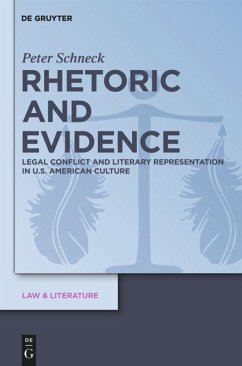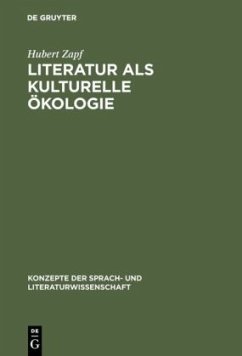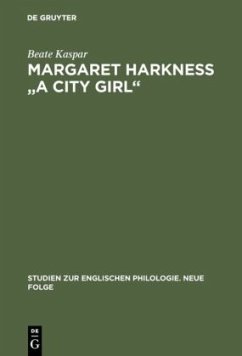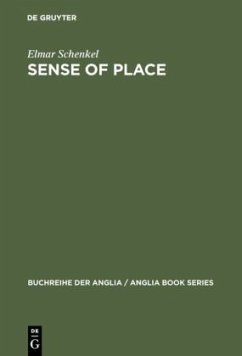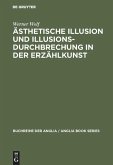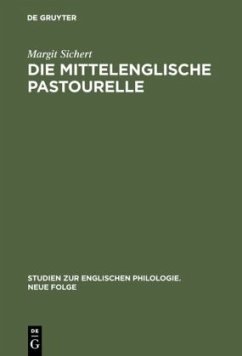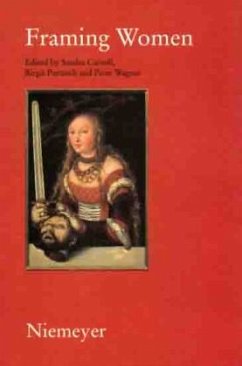The book traces the changing relation and intense debates between law and literature in U.S. American culture, using examples from the 18th to the 20th century (including novels by Charles Brockden Brown, James Fenimore Cooper, Harper Lee, and William Gaddis). Since the early American republic, the critical representation of legal matters in literary fictions and cultural narratives about the law served an important function for the cultural imagination and legitimation of law and justice in the United States. One of the most essential questions that literary representations of the law are concerned with, the study argues, is the unstable relation between language and truth, or, more specifically, between rhetoric and evidence. In examining the truth claims of legal language and rhetoric and the evidentiary procedures and protocols which are meant to stabilize these claims, literary fictions about the law aim to provide an alternative public discourse that translates the law's abstractions into exemplary stories of individual experience. Yet while literature may thus strive to institute itself as an ethical counter narrative to the law, in order to become, in Shelleyâ??s famous phrase â??the legislator of the worldâ?, it has to face the instability of its own relation to truth. The critical investigation of legal rhetoric in literary fiction thus also and inevitably entails a negotiation of the intrinsic value of literary evidence.

